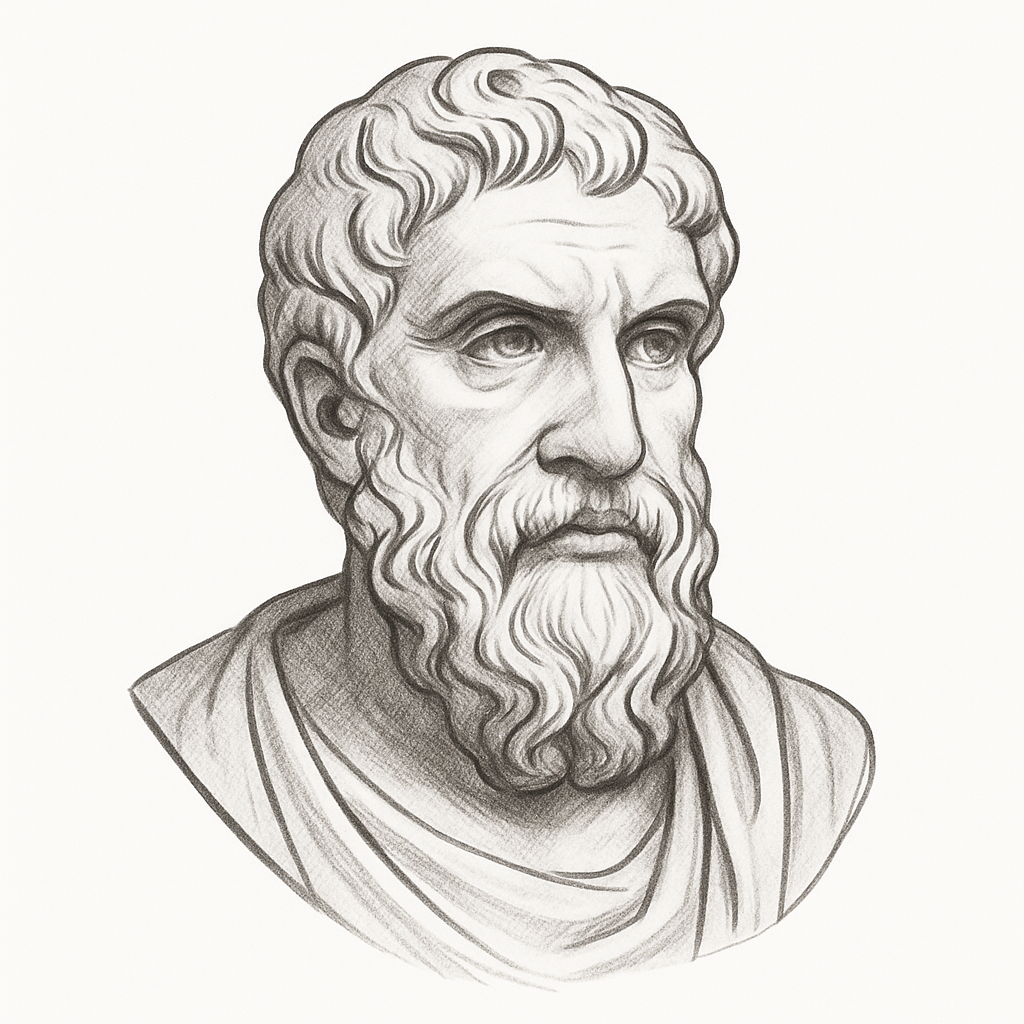Stoic Approach to Staying Calm Under Pressure
Stoicism offers a robust framework for cultivating calmness under pressure by emphasizing the individual's absolute control over their internal world, rather than external circumstances. This principle of control is central to the Stoic approach to maintaining equanimity amidst challenges.
At the core of Stoic teaching is the idea that true tranquility stems from mastering one's own mind and emotional reactions. Seneca, for instance, underscores the importance of cultivating inner peace, noting that "external silence cannot soothe an agitated mind" (Seneca, Moral Letters to Lucilius, Chapter 56). This perspective highlights that agitation is an internal state, independent of outward conditions. Furthermore, even during intense physical distress, the Stoic ideal is to "maintain a calm and rational mind" (Seneca, Moral Letters to Lucilius, Chapter 54). This involves focusing on self-discipline for internal character development, rather than seeking external validation or praise (Epictetus, The Enchiridion, Chapter 47).
Marcus Aurelius, in particular, places significant emphasis on the individual's ruling faculty, the mind. His meditations frequently return to the idea that one should "Focus on your mind, your ruling faculty, and do not let it be enslaved by the body or by reactive emotions" (Marcus Aurelius, Meditations, Book 2). This directive is critical for staying calm under pressure, as it positions the mind as the ultimate arbiter of one's experience, capable of remaining independent from external stressors or bodily sensations. By asserting control over this inner citadel, one prevents external chaos from becoming an internal hindrance (Epictetus, The Discourses, Book 1, Chapter 1).
The practice of achieving this internal calm involves specific techniques and a consistent training regimen. Epictetus advises creating a deliberate pause when feeling provoked, allowing space to regain self-control and respond with reason (Epictetus, The Enchiridion, Chapter 20). This pause allows one to prioritize mastering emotional reactions before engaging with complex intellectual theories (Epictetus, The Discourses, Book 3, Chapter 2). Stoicism advocates for training oneself to actively pursue difficult virtues while consciously restraining from easy vices (Seneca, Moral Letters to Lucilius, Chapter 123). This training extends to practicing self-discipline and voluntary hardship to align desires with reason (Epictetus, The Discourses, Book 3, Chapter 13). The aim is to practice virtue and maintain composure in everyday actions, whether it involves eating a meal or dealing with a minor inconvenience (Epictetus, The Discourses, Book 1, Chapter 13). As Epictetus counsels, "Practice, man, if you are irritable, to endure if you are abused, not to be vexed if you are treated with dishonour" (Epictetus, The Discourses, Book 3, Chapter 12).
Furthermore, the Stoic perspective emphasizes discretion and self-reflection as means to protect inner peace. Speaking little with others and conversing more with oneself is encouraged to maintain internal tranquility (Seneca, Moral Letters to Lucilius, Chapter 105). In disagreements, remaining calm and guiding others to truth through questions, rather than overwhelming arguments, reflects this commitment to maintaining composure (Epictetus, The Discourses, Book 2, Chapter 12). Ultimately, philosophy is utilized to cultivate a resilient inner state aligned with nature, not to seek solutions for external problems or predict the future (Epictetus, The Discourses, Book 3, Chapter 9).
In summary, Stoicism, through the teachings of figures like Marcus Aurelius, Epictetus, and Seneca, provides a systematic approach to cultivating calmness under pressure by focusing exclusively on what is within one's control: the internal landscape of thoughts, judgments, and reactions. This involves rigorous self-discipline, continuous practice in managing emotions, and a constant dedication to maintaining the mind's sovereignty over external events and bodily sensations.
Key Passages
Practice, man, if you are irritable, to endure if you are abused, not to be vexed if you are treated with dishonour.— The Discourses by Epictetus
The most important contribution to peace of mind is never to do wrong. Those who lack self-control lead disturbed and tumultuous lives; their crimes are balanced by their fears, and they are never at ease.— Moral Letters to Lucilius by Seneca
If then you wish not to be of an angry temper, do not feed the habit; throw nothing on it which will increase it: at first keep quiet, and count the days on which you have not been angry.— The Discourses by Epictetus
Disclaimer: Article generated using Memento Vivere AI tool, and is grounded solely in the works of Epictetus, Seneca and Marcus Aurelius. For informational purposes only. Not a substitute for professional advice.
